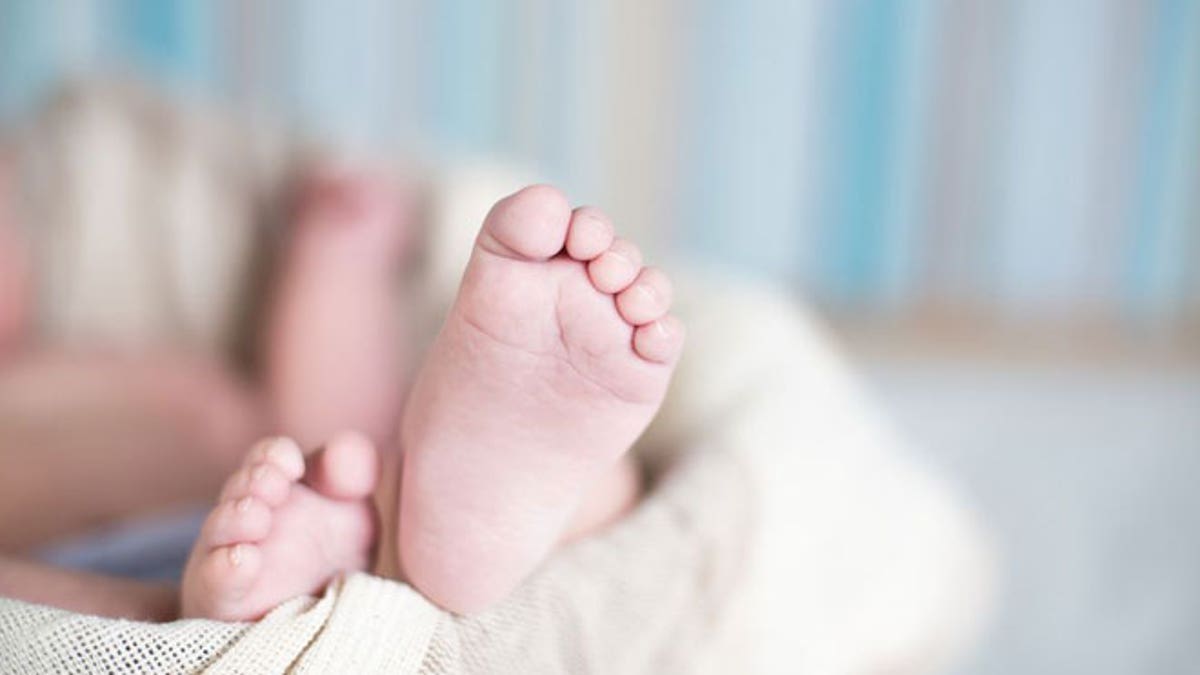
New research has found that men gain weight when they become fathers for the first time, even if they don’t live with their children.
In a study published in the American Journal of Men’s Health, Northwestern University Feinberg School of Medicine researchers reported the typical 6-foot-tall man who lives with his children gained an average of 4.4 pounds after becoming a first-time dad. Even first-time dads who did not live with their children were found to have gained about 3.3 pounds.
The results also showed an increase in body mass index (BMI) of 2.6 percent for fathers who lived with their children, and an increase of 2 percent for non-resident fathers. However, the average 6-foot-tall man who did not have children was found to have lost about 1.4 pounds.
Fatherhood may have even worse effects on the health of young men, Dr. Craig Garfield, an associate professor of pediatrics and of medical social sciences at Northwestern University Feinberg School of Medicine, and attending pediatrician at Ann & Robert H. Lurie Children’s Hospital of Chicago, said in a news release.
“The more weight the fathers gain and the higher their BMI, the greater risk they have for developing heart disease as well as diabetes and cancer,” Garfield said in the news release.
While the study notes previous research that has shown marriage can cause weight gain, the added poundage from fatherhood is in addition to that.
In the 20-year study, researchers measured the BMI of 10,253 participants over four different periods of their lives: early adolescence, later adolescence, mid-20s and early 30s. Participants were categorized as non-fathers, fathers, or non-resident fathers. Researchers examined each man’s BMI during each time period, and took the average of all their measurements to determine if fatherhood influenced their BMI.
The study had controlling factors that may also influence weight gain in men, including age, race, education, income, daily activity and screen time.
Garfield said big changes in a man’s lifestyle and health habits are the leading causes of weight gain.
“You have new responsibilities when you have your kids and may not have time to take care of yourself the way you once did in terms of exercise,” Garfield said. “Your family becomes the priority.”
He also noted that eating habits change when the house becomes full of junk food for the kids. Authors also added that dads share a tendency to clean their kids’ plates of any unfinished meals.
Earlier research from Garfield showed depression symptoms can also increase in new fathers within the first few years of their child’s birth.
“We now realize the transition to fatherhood is an important developmental life stage for men’s health,” Garfield said. “It’s a magical moment where so many things change in a man’s life. Now the medical field needs to think about how can we help these men of child-rearing age who often don’t come to the doctor’s office for themselves.”
Garfield suggested pediatricians are a good place for new fathers to start. They can counsel these men about taking care of their health.
“New dads are coming into the health care system as a pediatric chaperone,” Garfield said. “This is an opportunity to talk about things that are important for dad’s health and the child’s health and to offer dads nutritional counseling and mental health education.”








































